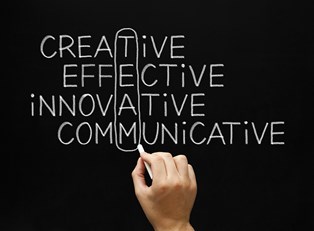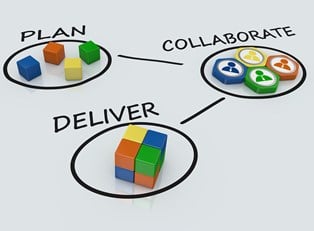A good project manager should be able to not only plan a project, but execute it to the finish. In order to do that, a project manager needs to a have a set of skills and resources to effectively manage the project. The following elements of effective project management will help any project manager with tough or tedious projects.
- Clear Objectives Goals
Within any given project, both the project manager and the team must have a clear sense of direction and purpose within the project. Not only does lack of clarity cause confusion when the project is being implemented, but it can also cause frustration among your team members. Avoid ambiguity and try to set up a sense of trust in the project and in yourself with the team. - People
Any project needs the right people with the right skills to be successful. The attitude of the team affects the group dynamic as much as it affects the project. If you, as the project manager, can choose the team you’re working for, think about the balance of skills and personalities within the team. - Sponsor Support
Whether it’s your senior management or someone outside of the company, the person who sponsors the project is the person who defines the objectives for you to communicate to the group. - Strategic Planning
Your project may have many steps along the process. It’s important to think through what is going to make your project be the most efficient. Think through which methodologies to use and use your background expertise to plan the details. - Resources, Money, and Time
No project will run efficiently if you don’t have what is needed to complete it. Before the project begins, make sure your company has the money and resources for the project to get accomplished, but also make sure that you and your team will have the time to commit to the project. - Flexibility
Most projects are bound to come with some mistakes or downfalls. Adding room for flexibility into your plan is ideal. Some projects may have a tight timeline, and others may not. If the project can’t fit the flexibility, at the very least, try to have a flexible attitude. - Communication
If and when you’re choosing who to work with, try to keep in mind how you want the flow of communication to happen. Ideally, your team will be responsive and at the ready.



